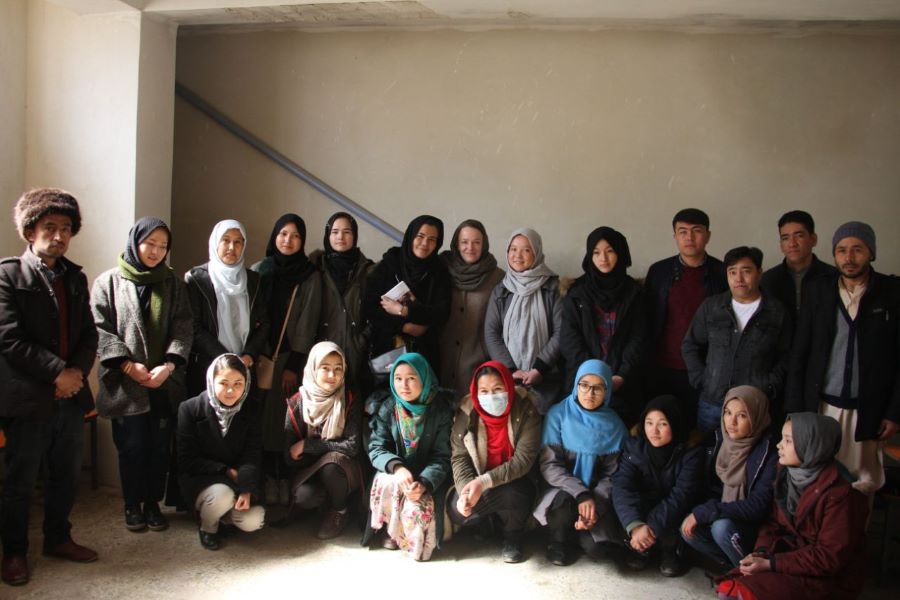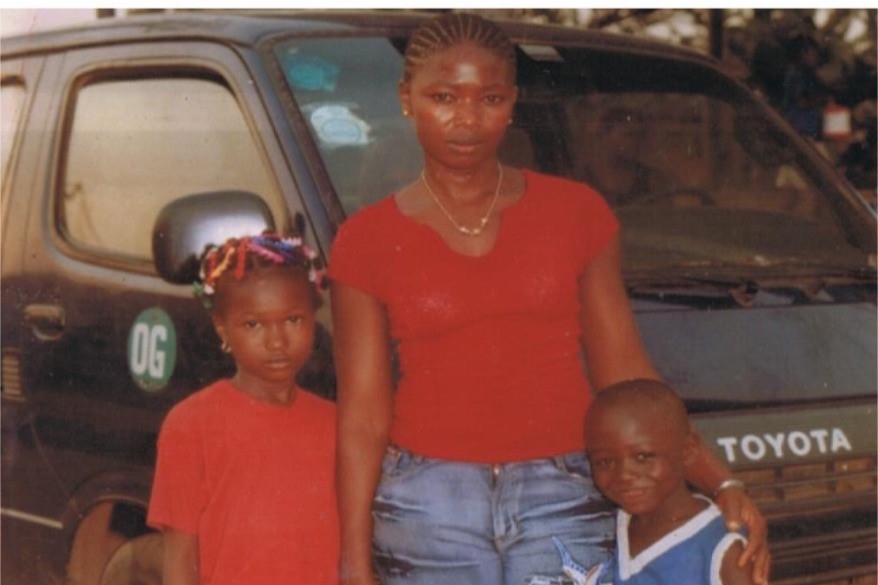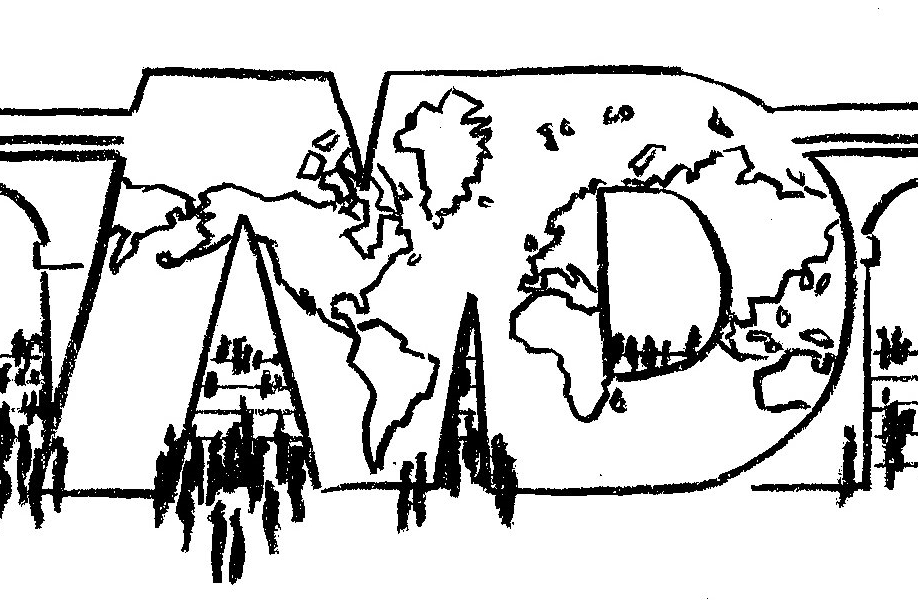
by Chloe Patricof and Anabella Paige | 5 May 2022 | Educators' Catalog, Fake News, Hewitt, Media Literacy, Podcasts, Student Posts, Youth Voices
The world is awash in misinformation. But can we rein it in without eroding free speech? Our podcast explores this thorny issue facing our societies. News Decoder · Let's Talk About It We are all flooded with misinformation. But what can we do about it? We turned...
Many young people find it difficult to write. They can struggle to convey their thoughts and can get bogged down in convoluted sentences. Our recommendation is to write as though you are explaining an issue to your family over dinner – to keep it simple. That’s one reason a podcast can offer a more natural way to examine an issue, even one as thorny as free speech. In their engaging podcast, Chloe Patricof and Anabella Paige of The Hewitt School speak naturally about a tough topic – misinformation – and turn to the managing editor of a U.S. media company to explore whether government regulation is an answer. Such a conversation can be an alluring way to delve into a knotty issue.
Exercise: Have your students pair up and record a conversation about a polarizing issue in their community, making sure to try to convey the views of all legitimate sides.

by Jalal Nazari | 20 Apr 2022 | Asia, Conflict, Educators' Catalog, Islam, Terrorism, University of Toronto Journalism Fellows, Women's rights
The Taliban have barred girls from schools in Afghanistan. So some of them gather secretly in homes in Kabul, drawn together by a former teacher. Hassan Adib leads a discussion of “Memories of a translator” by Mohhamad Qazi in Kabul, April 2022. (Photo by...
The Taliban’s takeover of Afghanistan means millions of girls cannot attend school. Many young people outside of the country know this, but it is difficult for them to conceive just what this means for a young Afghan girl their age. In his story, Jalal Nazari, an Afghan now living in Canada where he is a Global Journalism Fellow at the University of Toronto Dalla Lana School of Public Health, takes us inside Kabul homes, where about 30 teenage girls meet secretly twice a month to improve their reading and writing skills. To hear the girls and their teacher speak adds a highly personal dimension to a conflict that for many young people remains distant and abstract. The courage they show in the face of Taliban strictures is a reminder to young people everywhere that education is a privilege not to be taken lightly.
Exercise: Ask your students to interview their parents, asking them why education is important, and then to write an essay quoting their parents and adding their own thoughts.

by Jeremy Solomons | 8 Apr 2022 | Africa, Culture, Fake News
While around the world misinformation and lies abound, in Africa, stories transmit morals, acceptable behavior and universal truths. “Anansi the Spider” by Annie Wong (Headexplodie), courtesy of Creative Commons CC BY-NC-ND 2.0. In a time of widespread...

by Kamuskay Kamara | 5 Apr 2022 | Africa, African Leadership Academy, Contest winners, Discovery, Identity, Personal Reflections, Student Posts, Youth Voices
I have always wondered why my Mom gave me a merciless beating over a piece of meat. But that meal changed my life for the better. The author with his mother and elder sister Isata in 2009 This story won second prize in News Decoder’s 11th Storytelling Contest....

by Nelson Graves | 30 Mar 2022 | News Decoder Updates
Seven years after its launch, News Decoder is searching for a new Educational News Director to succeed founder Nelson Graves. (Artwork by Sandrine Courau) For everything, there is a season. At News Decoder, it’s time for change. Today we are posting an...





